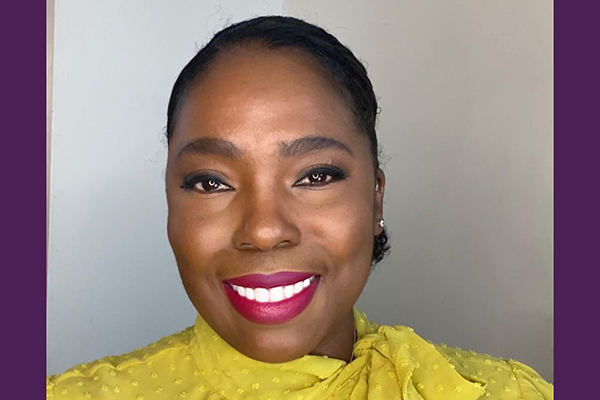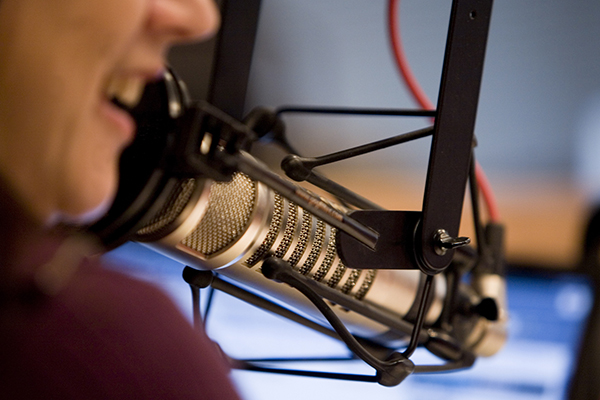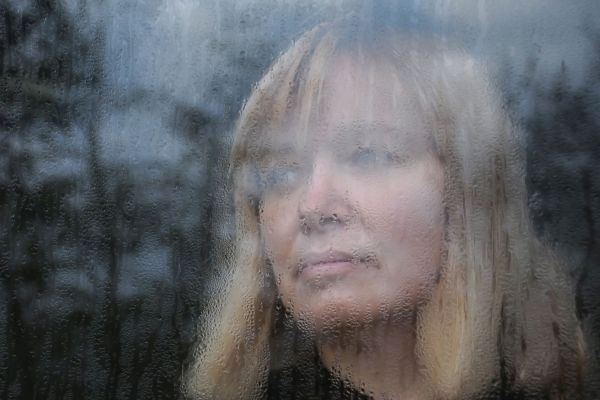Our Chair Natalie Bailey urged the government to increase funding for counselling and psychotherapy to help meet the country's mental health needs through the pandemic and beyond.
Natalie told national radio listeners there has been an increase in demand for therapy since the start of COVID-19.
Speaking on talkRADIO, Natalie called for more funding to help meet that need as she urged the government to put our members at the heart of the nation's recovery.
Natalie was discussing our new Mindometer report, which has also generated coverage on BBC radio, LBC, Sky News Radio and in the Sunday Express.
The report found that more than half (51%) of our members think we’ll continue to see the impact of COVID-19 on people’s mental health for up to five years, a further third (36%) think the impact could last for more than five years while 80% report demand for therapy means their service is either full or over capacity.
Improve access
Natalie was speaking on The Week with Tricia programme, and said: “Pre-pandemic there was a huge waiting list for therapy – BACP has always been campaigning for increased funding to improve the access to counselling and psychotherapy.
“As a result of the pandemic we’ve seen an increased demand.
“Our members who were surveyed talked about an increase in demand. 80% said they are full or over capacity, so there’s huge demand now.
“We’ve been calling on the government for increase funding into mental health and also to include counsellors and psychotherapists as part of the solution.
“We have 58,000 members who are trained, skilled, and ready to address these issues,” Natalie added.

Our Chair Natalie Bailey was interviewed about our Mindometer report on The Week with Tricia on national talkRADIO
Reduced stigma
Natalie also spoke about why more people are accessing therapy and added: "I think the way we’ve been talking about mental health for the past few years, it’s been much more acceptable. The stigma has reduced. It’s less taboo.
“If someone is suffering in a way that they cannot cope then it seems much more acceptable to look for therapy as a way of coping with that.”
Headline news
The Mindometer report is based on a survey of nearly 5,000 of our members. The results have been generating headlines since the report was launched on Wednesday.
Our Chief Executive Hadyn Williams and our member Louise Tyler contributed to an article on the report in the Sunday Express.
Fiona Ballantine Dykes, our Deputy Chief Executive, spoke about its findings and the value of counselling in a series of radio interviews including with LBC, the BBC and Sky News Radio.
Fiona told LBC: “The survey has shown increases in the need for therapy and highlights the issues that people are presenting with, but it’s also produced interesting information that people are finding therapy more accessible because of the platforms it’s being delivered on.
“That brings with it opportunities for more choice. We know if clients can choose their therapist they’re more likely to have good outcomes.
"We’re seeing the possibility for greater access to therapy for more people, particularly those who perhaps haven’t accessed it in the past."
Accredited register
Fiona added: “Make sure you see someone who is qualified and on a register accredited with the Professional Standards Authority, like BACP’s own register, so you can be sure that you’re going to see someone who has exceeded minimum requirements to practice.”
Louise Tyler joined Caroline Jesper, our Head of Professional Standards, and fellow members Cate Campbell and Denise Freeman, for a series of interviews on radio and television about the report and its findings.
The interviews have a combined reach of almost 7.5m people.

BACP Mindometer report 2021
Insights from therapists into the effect of lockdown and future challenges to the UK general population’s mental health.

Our members in the news – May 2021
Mental Health Awareness Week and the continued impact of the pandemic have been among the subjects our members have been talking about this month

Tackling the mental health consequences of coronavirus
Back our COVID-19 campaign to reaffirm the critical role that counselling and psychotherapy needs to play in supporting the nation through the coronavirus crisis and in helping to repair it afterwards.
